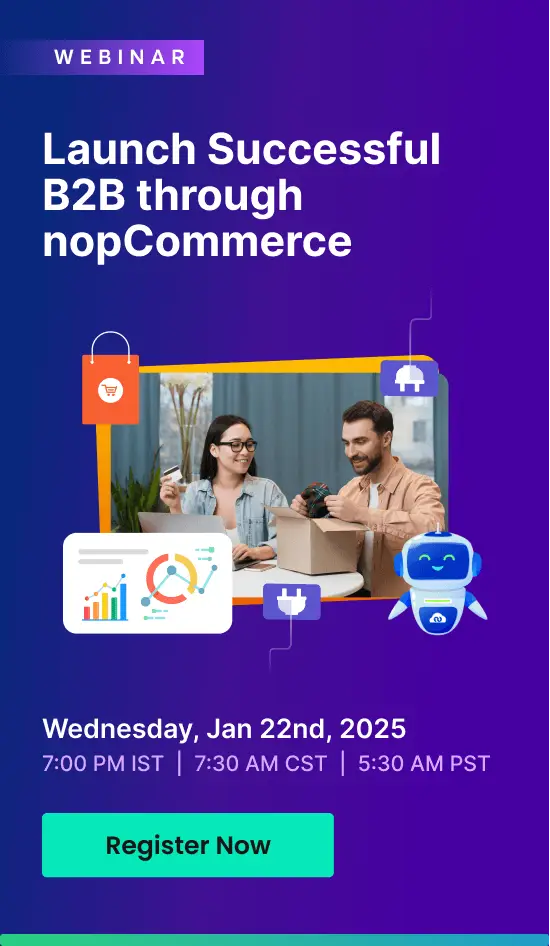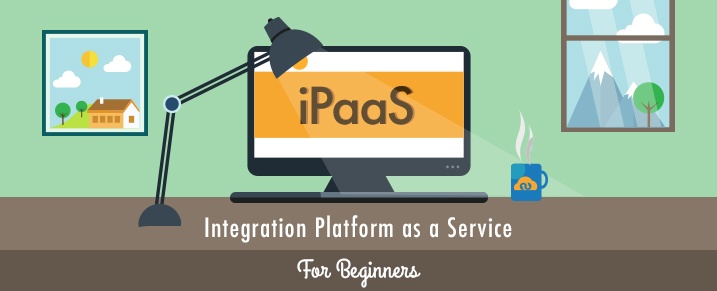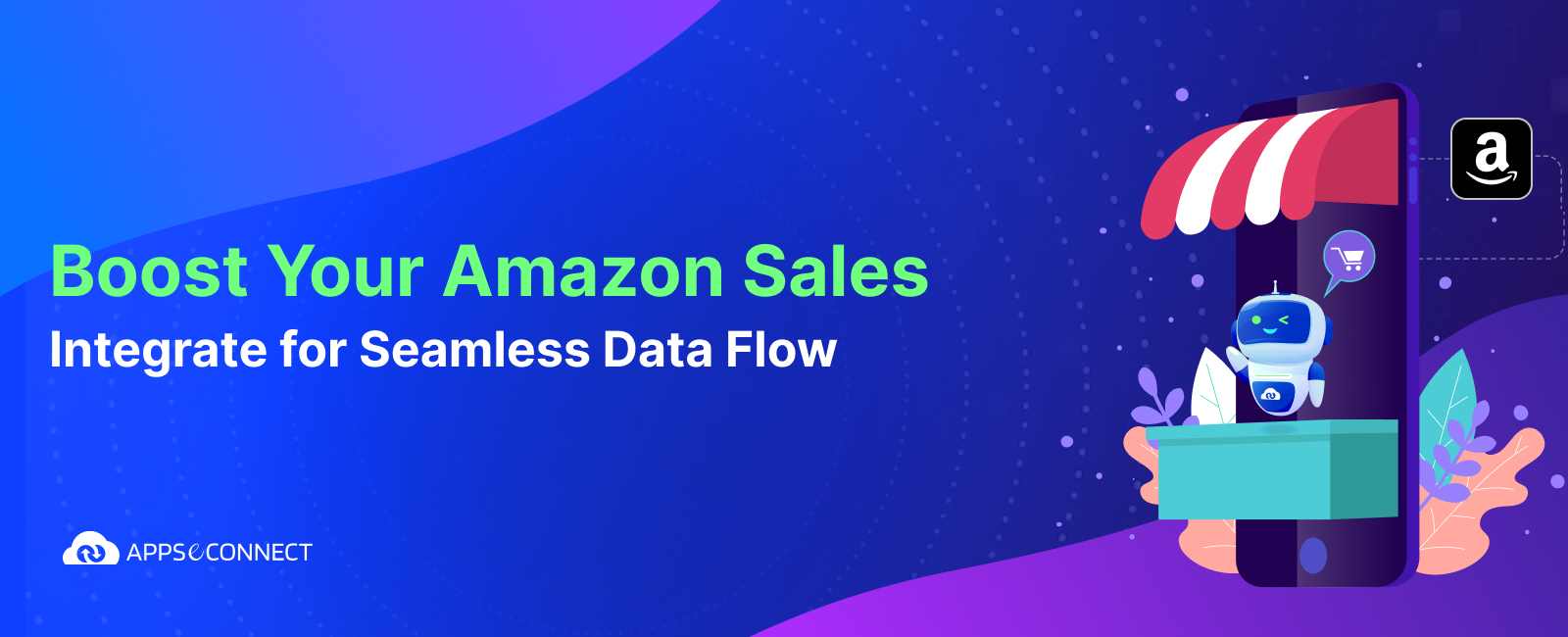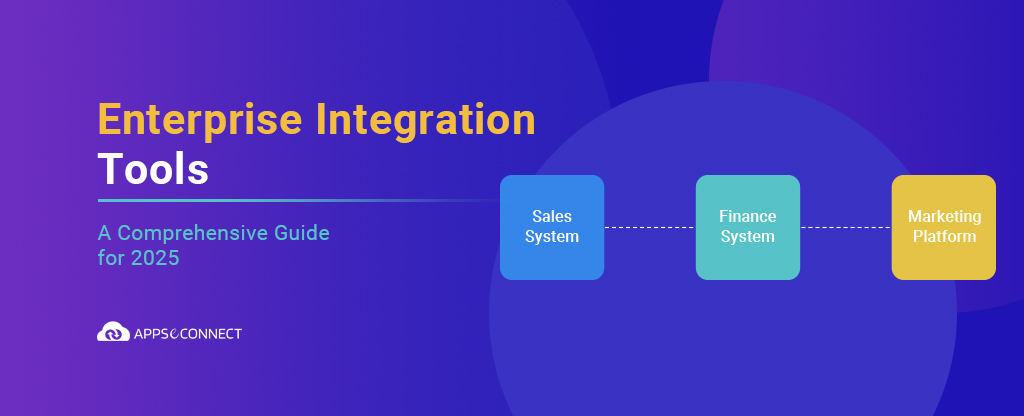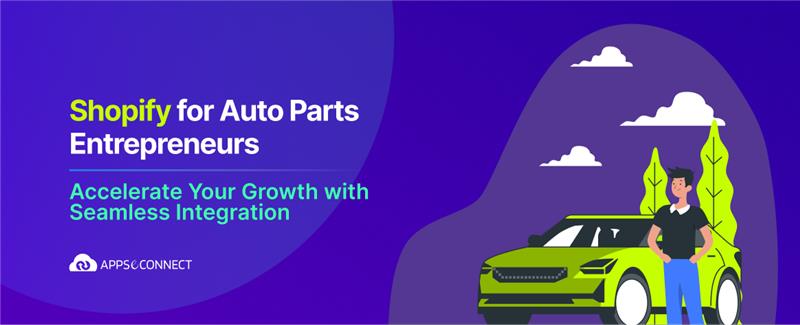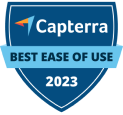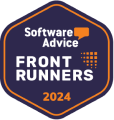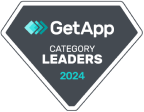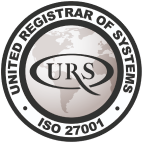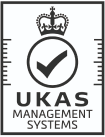What actually is iPaaS?
iPaaS or Integration Platform as a Service is a hosted service by a third party software vendor, who delivers infrastructure and middleware to handle all the company’s data integration requirements. Generally, data integration happens between:
- Cloud to Cloud Applications: For e.g Salesforce and Shopify
- Cloud to On-Premise / On-Premise to On-Premise Applications (Hybrid): For e.g Salesforce and SAP Business One
APPSeCONNECT is a hybrid integration iPaaS platform, which helps to integrate data in real time between two applications. iPaaS provides the connectivity layer that makes all applications, data, and processes work together.
What iPaaS is used for?
Companies use iPaaS for their data integration needs. Data integration happens between cloud applications like Salesforce, Shopify etc., or between a cloud and on-premise application like SAP Business One etc. With the help of data integration, data is synced in real time at both ends. It’s the most profitable way to exchange data within a company internally or externally between an ERP and CRM/eCommerce or Marketplace applications
Benefits of iPaaS
Efficiency and consistency of an online business is achieved on how quickly the data is processed between applications. The business critical data needs to always be updated between the application in near to real time such that the entire business can run smoothly without much of human intervention. It really hard to maintain databases at two places manually and here comes the needs of data integration. iPaaS provides a single platform for data integration, which allows to eliminate the need of huge manpower or specialized software to do manual data entry. A user can configure the platform as per their business needs and also customize it to an extent, in case the iPaaS solution provides the support of customization.
Who uses iPaaS?
iPaaS is required where the organization is already working with more than one applications to perform their business processes. It allows the company to improve the data integration quality in near to real time. Nowadays, most of the medium and enterprise level companies uses iPaaS, where the transactional data in huge and need of updated data in very critical for the business.
Common features of iPaaS solutions:
- Protocol and Format bridging: e.g. XML to JSON format conversion
- Data mapping: e.g. mapping field A of APP A with field B of APP B for data synchronization
- Routing: Data can route from one application to another based on configuration
- Orchestration: Can define how and what data can move through configuration
- Adapters: It is responsible for talking to the backend applications and transforming data format into the one that the channel understands. It can also do message routing, transaction management, security, monitoring, error handling etc.
- Integration templates: Pre-packaged well defined integration points which can run immediately just by deploying it to the new connector.
- Integration flow development toolkit: Pre-packaged integration flow that defines a structure for the integration
- ESB Enterprise Service Bus is an additional design methodology that facilitates messaging between two applications
- ETL Extract, Transfer, and Load is a methodology used in data science to pull data, process and warehouse it for utilizing later
iPaaS Core Functions
1. Data Integration:
Right from Excel to ERPs, no matter how much your data is, iPaaS connects all of them together
2. Scalable Data Integration:
Infinite scaling of data is an important aspect of iPaaS platform. Today growing business doesn’t guarantee the size of data and the platform should be able to easily handle performance bottlenecks
3. Process Chaining and Orchestration Engine:
No business process is independent of each other. The dependency chaining is very important aspect of data integration in which the data should follow the proper business model of an enterprise so that it executes step by step and predecessor tasks gets executes first before its successor. This is achieved by Workflow Automation, in which the entire dependency is defined and processed as a single unit.
4. Microservice Integration:
The ipaas platform connects the APIs of different apps including internal micro services, which are modular services inside an application.
For more core functions, please read these best practices to develop the best data integration platform!
Pros and Cons of iPaaS
Pros:
- Supports modern messaging and document formats such as REST and JSON
- IoT-enabled
- Easy to use self-service connection tools that enables users to easily integrate two applications
- Benefits of a multi-tenant public cloud service including agility, scalability, reduced IT overhead, economies of scale etc
Cons:
- Security concerns over public cloud
- Complex data operations requires special development resources
- Questionable compliance profile as stakeholders outside the realm of IT unknowingly configure integrations that don’t meet the compliance standards of regulated data such as PII (personally identifiable information), PHI (personal health information), or PCI (payment card data)
APPSeCONNECT as an iPaaS solution provider:
APPSeCONNECT is a hybrid integration platform which helps you to run a more efficient online business by connecting your back-end ERP system to various other applications in your ecosystem, so that your data can move freely between applications giving you the benefit of seamless data synchronization between them.
What makes APPSeCONNECT unique?
-
Connecting with Best of the Breed Solution
Customers need not compromise on having a combined business suite which has fewer features. Rather with APPSeCONNECT organizations can use Best of Breed ERP/CRM/eCommerce Platforms and can integrate these systems to ensure exchange of critical business data, such as Sales Orders, Stock Updates, Pricing Updates, Shipment and Invoice updates, Lead Conversion details, etc.
-
In Depth Integration
ERP/CRM/eCommerce Integration offered by APPSeCONNECT is focused on providing integration points as much as possible. This simply mean that APPSeCONNECT is highly adaptable to diverse business scenarios and require almost no or fewer customization developments for connection.
-
Hybrid Architecture
APPSeCONNECT follows a Hybrid Architecture, where the connector’s settings and configurations remain in the cloud and a small software called Ágent’ is installed in client’s ERP server. This approach ensures easy system updates, configuration changes in the connector while the actual data exchange happens between Client’s own systems. APPSeCONNECT does not store business data or system information of the customer in APPSeCONNECT Cloud Platform.
Don’t Think Twice. Integrate your business applications and improve your business productivity now!
You may also like:
10 Considerations Before Choosing Your iPaaS Solution
Launch of ‘APPSeCONNECT’ – Cloud Platform for ERP eCommerce Integration
How to Streamline and Manage your Business Processes with Integration?

